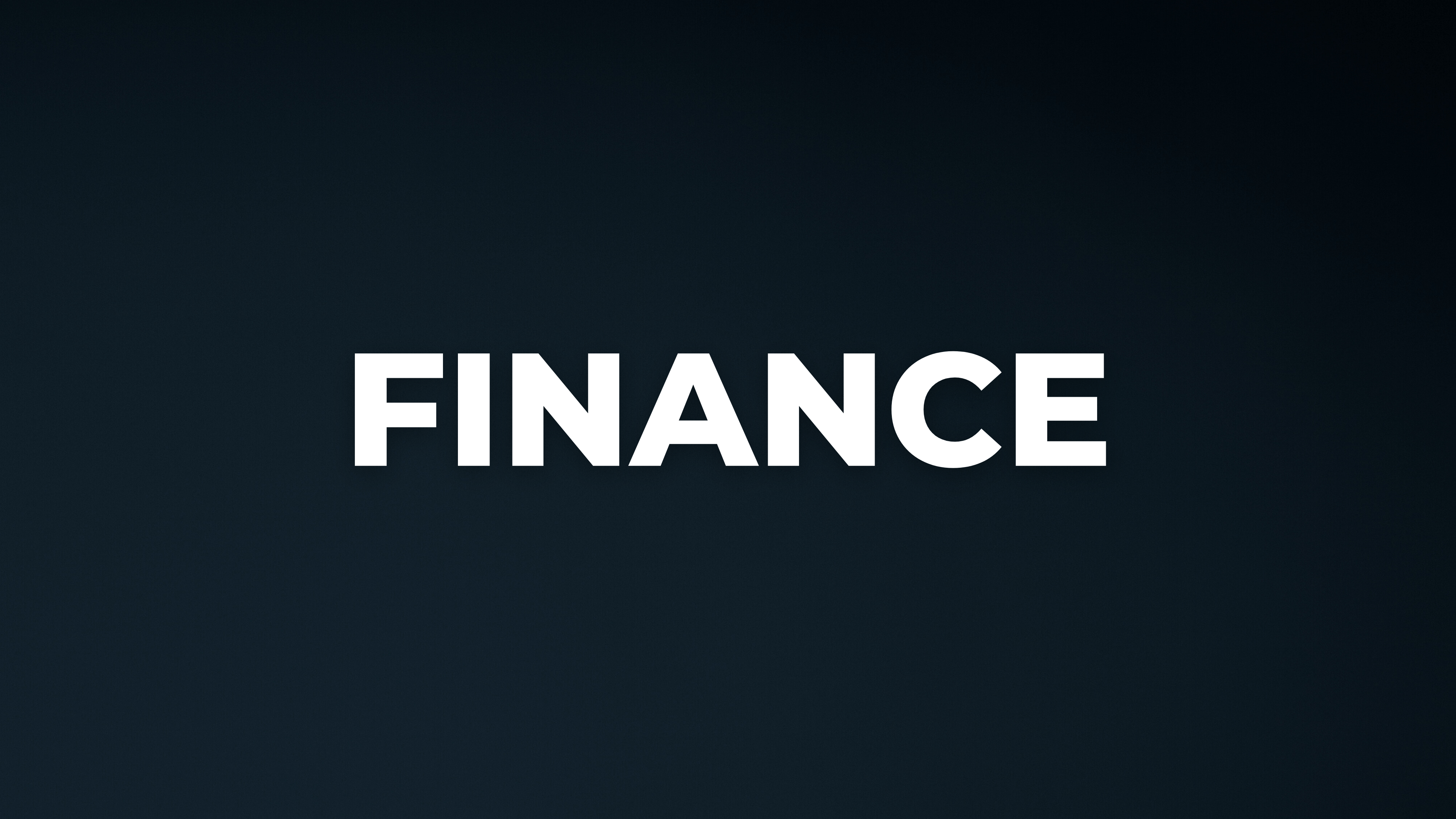
Abu Dhabi’s real estate market offers lucrative investment opportunities for both local and international investors. Whether you’re looking to buy secondary housing in Dubai or explore second mortgage Dubai options in Abu Dhabi, understanding how to finance your property purchase in Abu Dhabi.
This comprehensive guide will walk you through the process of obtaining financing for property purchases in Abu Dhabi, with a focus on second home mortgage options, second mortgage down payment UAE requirements, and key considerations for securing home loan on second property.
For a deeper dive into second home financing across the UAE, check out our Second Mortgage Down Payment UAE guide.
Types of Mortgages Available for Abu Dhabi Investors
Conventional Mortgages
For both residents and non-residents, banks in Abu Dhabi offer second home loan options with favorable terms. Typically, these loans cover 60-75% of the property value, depending on the buyer’s financial profile. The remaining 25-40% must be covered by a down payment for second home.
Sharia-Compliant Financing
Abu Dhabi offers a variety of Islamic mortgage products that cater to buyers looking for second home financing under Sharia law. These types of financing typically follow a home loan on second property model where banks share ownership of the property with the buyer, and the buyer pays rent plus profit.
Down Payment and Financing Requirements
What Are the Requirements for a Second Home Mortgage?
To qualify for a second mortgage Dubai or an Abu Dhabi property loan, you need to meet the following requirements:
-
Income proof: Lenders will assess your ability to pay back the loan.
-
Credit score: A good credit score is necessary for securing the best mortgage terms.
-
Down payment: A second mortgage down payment typically ranges from 25% to 40% for secondary properties in Abu Dhabi.
Financing Tips for Non-Residents
Can I Get 2 Home Loans in Abu Dhabi?
Yes, it’s possible to secure multiple mortgages in the UAE, provided your debt-to-income ratio is favorable. Getting a second mortgage can allow you to diversify your real estate portfolio with second property investments in high-growth areas of Abu Dhabi.
For further guidance on securing a second home loan in the UAE, explore our Abu Dhabi Mortgage Options post.
Key Areas to Consider for Investment
Abu Dhabi offers several areas with strong rental demand and high potential for capital appreciation. Areas like Saadiyat Island, Yas Island, and Al Reem Island have shown significant growth over the years, making them excellent choices for investment.
Investors seeking second home mortgage options should carefully consider second home down payment amounts and choose locations with steady demand, high rental yields, and attractive 2nd property mortgage rates.
How to Maximize Your Investment
-
Research your financing options: Use our Investment Tool to compare mortgage options and select the best terms for your needs.
-
Choose the right property type: Whether you’re interested in buying a secondary flat in Dubai or investing in Abu Dhabi’s prime areas, ensure the property aligns with your investment goals.
-
Understand the local market: Keep track of the down payment for second house requirements and second home rules to avoid surprises.
Securing a mortgage in Abu Dhabi for a second residence or investment property offers significant opportunities for growth, especially with favorable mortgage options available to investors. By understanding second home mortgage criteria and second property financing structures, you can optimize your investment and enjoy strong returns in one of the UAE’s most lucrative markets.
